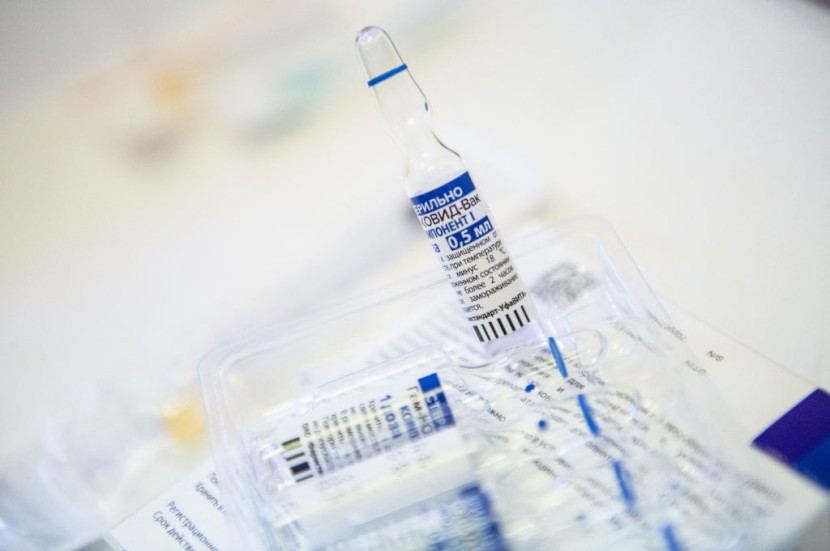
Even though the World Health Organization has not yet approved the vaccine and production issues have raised customer concerns around the world, Russia is prepared to provide up to 300 million doses of its Sputnik V vaccine to the UN-backed COVAX initiative, according to a top Russian official promoting the vaccine.
Kirill Dmitriev, the CEO of the Russian Direct Investment Fund, and the WHO had radically opposite opinions on when the Russian vaccine will be authorized by the WHO on Wednesday.
Official expects to receive WHO approval for Sputnik vaccine
Sputnik V has been allowed for use in 70 countries throughout the world despite the fact that the UN health agency has not given its approval even for emergency use, as per The Washington Post.
Some countries, notably in Latin America, have expressed concerns about receiving the second dosage of the vaccine in time to protect their population from COVID-19.
According to Dmitriev, if the Russian vaccine is approved by the WHO, it would be made available through COVAX, a UN-backed project aimed at distributing vaccines more evenly throughout the world.
He anticipates WHO approval within the next two months. A vaccination that has not been authorized by the WHO cannot be used in the COVAX program.
Sputnik COVID-19 vaccine 70% effective against Delta variant
Per Republic World, in the first three months following vaccination, the Russian-made single-shot Sputnik Light vaccine, which is the initial component of the Sputnik V vaccine, showed 70 percent efficacy against the COVID-19 Delta variant.
The inoculation has a 75 percent effectiveness rate for those under the age of 60, according to a research conducted by the Gamaleya Center for Epidemiology and Microbiology. Sputnik Light is also better for preventing severe diseases and hospitalizations.
The findings of an effectiveness investigation of the Sputnik Light vaccine have been released by the Russian Direct Investment Fund (RDIF) and the Gamaleya Center for Epidemiology and Microbiology. In comparison to some of the two-shot vaccinations, Sputnik Light has shown "higher efficiency," according to a press release from Sputnik V.
The one-shot Sputnik Light vaccine surpasses two-shot vaccinations, according to Dmitriev. Data from 28,000 people who got a single dosage of Sputnik Light were analyzed by the Gamaleya Center for Epidemiology and Microbiology.
The data from the 28,000 people was compared to that of 5.6 million people who had not been vaccinated. The data for the research was gathered in Moscow in July 2021.
In the press release, the efficacy of Sputnik Light as a booster is also proven. As a booster dosage, the Sputnik Light has an effectiveness of over 83 percent against COVID-19 and over 94 percent against hospitalization.
The one-shot Sputnik Light vaccine has been authorized in more than 15 countries, according to the press release, with registration procedures in another 30 countries now underway.
Russia to test COVID-19 vaccine nasal spray
According to an official document issued on Tuesday, Russia will test a nasal spray form of its Sputnik V vaccine against COVID-19 among adult volunteers as part of its efforts to reduce the growing number of cases and fatalities.
When the COVID-19 pandemic struck last year, Russia was quick to develop and promote the Sputnik vaccine; but the uptake has been slow, with many Russians citing distrust of the government and apprehension about new medical products as reasons.
Russia will test a nasal spray form of its Sputnik V vaccine against COVID-19 among adult volunteers, as the nation tries to contain growing numbers of infections and fatalities, Reuters reported.
Related Article: Did Spies Who Stole the Data From a Pharmaceutical Company To Make Sputnik V Get Support From the Kremlin?
@YouTube
© 2025 HNGN, All rights reserved. Do not reproduce without permission.








